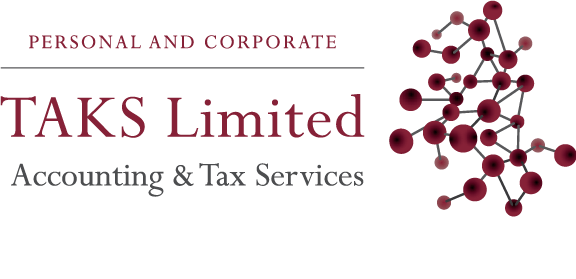Stamp Duty Tax Relief
Find out if you qualify for Stamp Duty Tax relief
If you can simply answer “yes” to all 3 questions below then you may be eligible to receive a tax refund on your property purchase
- Have you purchased a property in the last 4 years?
- Was the property purchased for over £950K as the buyer’s main home, a buy–to–let investment, or a second property purchased for over £50k ?
- Did the property have any defects?
Should it be established that you have overpaid SDLT and you are due a benefit from HMRC, you will typically receive your reward in one of three ways, they are as follows:
Stamp Duty Land Tax Refund
A Stamp Duty Land Tax refund pertains to the scenario where an individual or entity, who has previously fulfilled the tax obligations on a property transaction, becomes entitled to a reimbursement of the paid amount. Such circumstances commonly arise when specific conditions or situations undergo changes subsequent to the transaction, thereby qualifying the individual or entity for a refund..
Stamp Duty Land Tax Exemption
A Stamp Duty Land Tax exemption pertains to circumstances in which an individual or organization is completely exempt from the duty of paying tax on a property transaction. This means that they are absolved from any responsibility to pay Stamp Duty Land Tax, irrespective of the value or conditions of the transaction. Exemptions are typically awarded in precise cases stipulated by tax legislation, such as particular property types or specific buyer categories.
Stamp Duty Land Tax Relief
Stamp Duty Land Tax relief refers to provisions within the tax legislation that enable individuals or entities to attain a reduction or mitigation of the tax obligation associated with a property transaction. This relief is granted in accordance with specific circumstances outlined by the tax legislation, including the purchase of properties for designated purposes (e.g., first-time homebuyers relief) or under particular conditions (e.g., properties with agricultural use relief). It is important to note that while the relief reduces the tax liability, it does not completely exempt the individual or entity from fulfilling their tax obligations.
In summary, a refund applies to cases where the tax has already been paid and is reimbursed, exemption refers to complete relief from paying the tax, and relief provides a reduction or mitigation of the tax liability without total exemption.
 Rating
Rating
TAKS Limited
